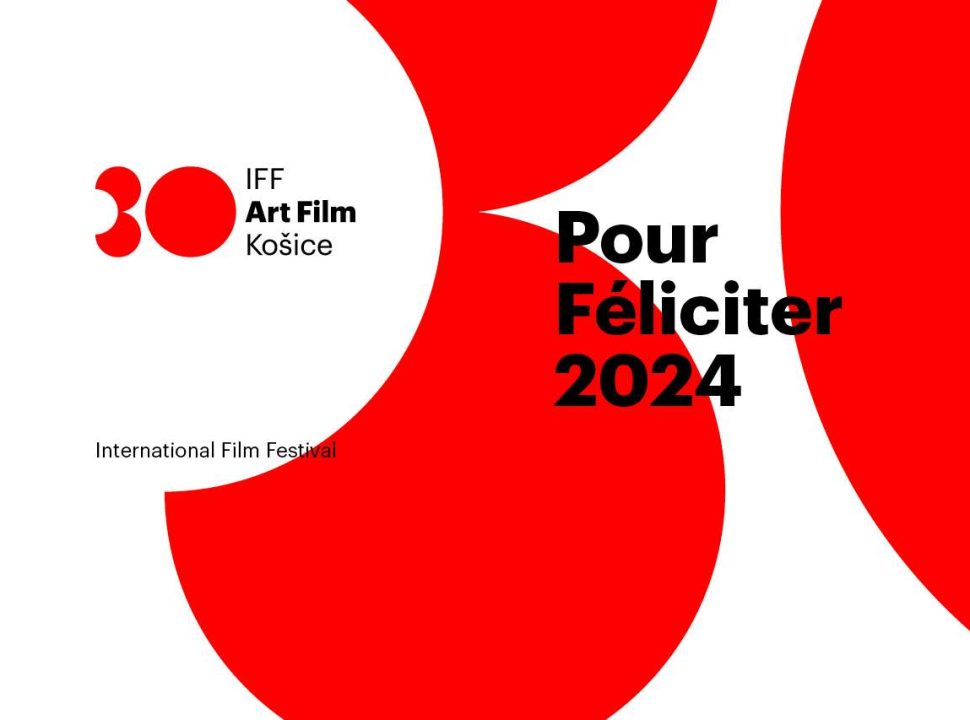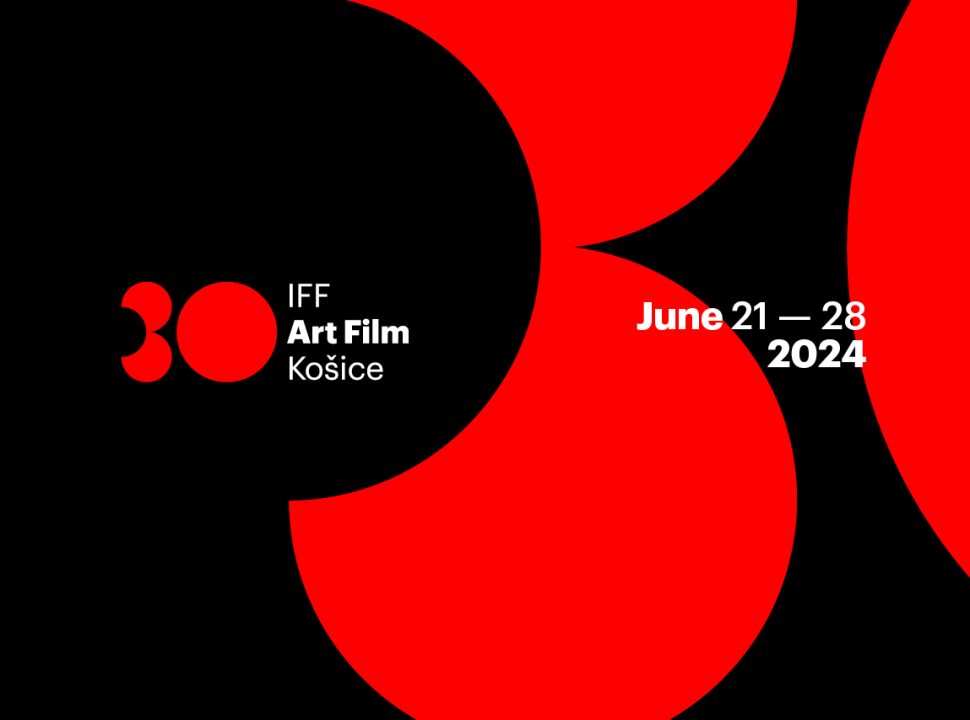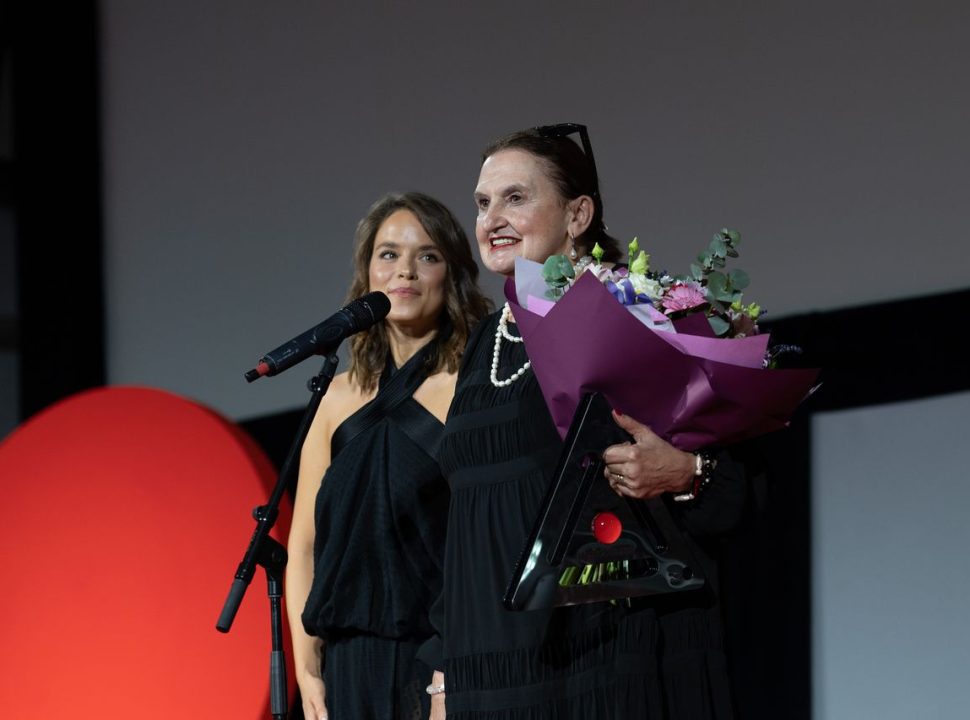The highest form of communication is mutual silence, says Martin Huba. Today he’ll be the latest to receive the Actor’s Mission Award, and a plaque bearing his name will join those of other laureates in Festival Park. In Huba’s view, theatre directing has made him a more disciplined actor.
What’s the difference between acting onstage and onscreen?
I like to use the following comparison: a theatre performance is essentially a three-hour film shot. After an actor rehearses a theatre production for two months, he’s taken a certain journey. Whether he likes it or not, he learns loads of facts and deepens his understanding, and so from the first day of rehearsal to the opening night, his character goes through numerous transformations. But when shooting a film, only the director has that much information, and what’s more, he doesn’t work in close partnership with the actor.
Does that mean a theatre actor has more influence on the final production than a screen actor?
Naturally it depends on friendship between actor and director. But a film director, in comparison with a film actor, is very well prepared. Even if the actor has spent three years preparing for his role, there’s no way the director will adopt all of his ideas and observations. The film director also has more tools at his disposal; for example a meaning or point can be intensified, but also ruined, via editing. And that’s why I think a film director has a greater share in the final product than theatre directors do.
Is that a good thing?
It’s natural and necessary.
In that case what was it like playing the role of maître d’ Skřivánek in I Served the King of England, which will be screened at Art Film Fest on Wednesday? After all, you’ve said yourself that when you read the Bohumil Hrabal novel it was based on, you could immediately imagine yourself as the main character…
During that filming it came to the point where director and actor sat together and simply revised their conceptions. We’d all read the novel I Served the King of England in various samizdat printings, so well before the filming we all had our own internal images of the work, we’d found our own personal secrets in it. But when I met with Jiří Menzel, our ideas overlapped. And that doesn’t happen often.
Those must be great circumstances to work under.
It wasn’t the first time I’d had such luck – I’ve experienced similar situations in both theatre and film. But it’s still something that only happens a few times in one’s life. If an actor has his own ideas but sees that the director’s ideas are completely different, and he’s forced to simply fulfil the director’s vision, then that’s unfortunate. But with Jiří Menzel, I dare say we imagined the film in roughly the same way. And so working together was like work among friends. The highest form of communication, mind you, is mutual silence.
Do you see actors differently, given your recent focus on theatre directing?
I think that since I began directing I’ve become a more disciplined actor. I’ve realized that on several past occasions I’ve been unfair to my directors. When you “change sides”, you always discover that the other position has its own problems, too. But because I’ve been an actor, I know, for example, when they’re plotting against me and when their protests stem from a misunderstanding. As a director I’m a dictator when it comes to discipline, but when I see that an actor is trying, though to no avail, I am, I hope, understanding and I try to help him.
If you were to go into filmmaking, could you imagine what kind of film you might direct?
I prefer not to entertain unrealistic desires.
And what about being the latest winner of the Actor’s Mission Award? Is that a desire fulfilled?
I never hope for any awards. Receiving them is an honour, naturally, but I most of all appreciate praise from people who I care for and respect.
Juraj Fellegi



